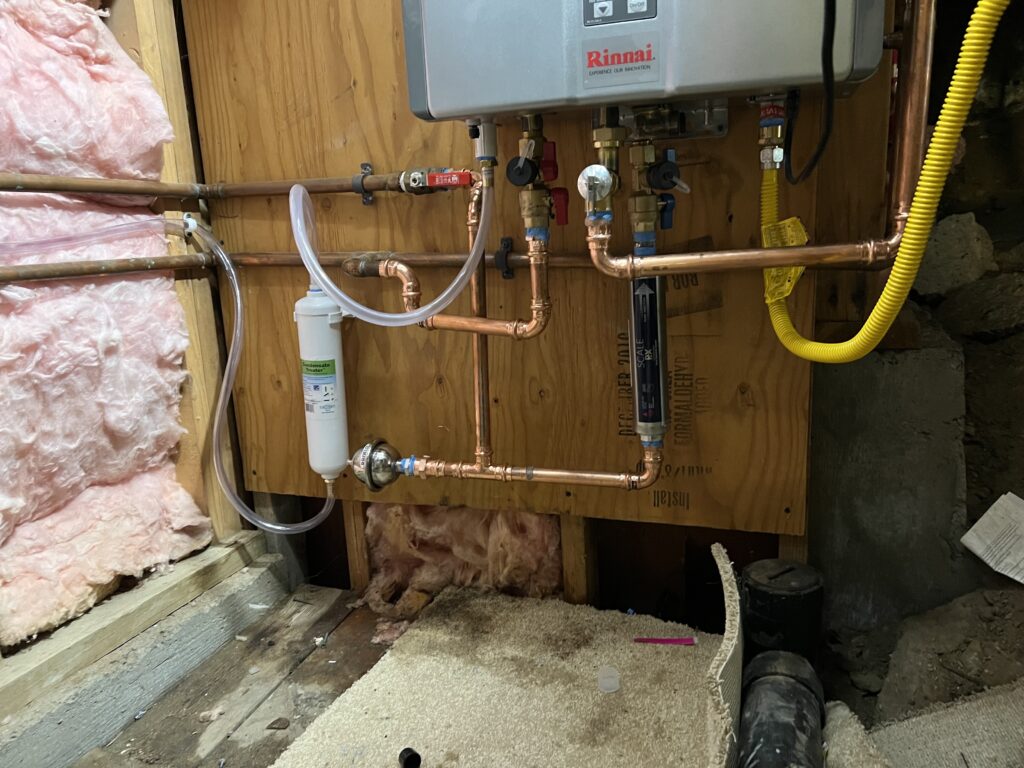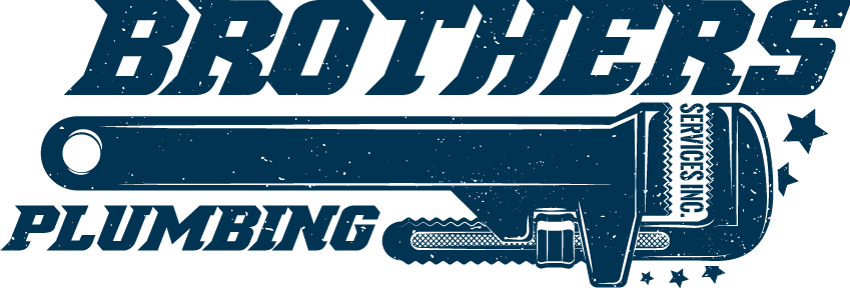Single services
Hot Water Heater Repair & Installation
Is your water heater leaking, overheating, or malfunctioning? Our technicians will review your current hot water heater set-up and provide solutions. Contact us to schedule a free no-obligation estimate.


Water heater services we provide
Installation Services: Our technicians drain and remove your old water heater to make room for a replacement. We’ll recycle the old water heater, discard the trash, and leave your home neat and clean.
Thermal Expansion Tanks: Hot water heater installation codes require your water heater have an expansion tank installed when a “closed loop” exists. This provides room for the thermal expansion your system experiences when cold water gets hot.
Temperature & Pressure Relief Valves: T&P Valves begin to drip once the pressure and/or temperature is no longer safe. It’s important your T&P relief valve function properly. If it does function properly, our technicians can help you understand and fix the problem causing the leak.
Earthquake Straps: Water heaters in Lake Arrowhead are required to be strapped to prevent catastrophic fire, gas, and/or water damage in the event of an earthquake. If your water heater is not strapped our technicians provide the solutions you need. Even if it requires the addition of wood bracing behind the heater itself, we’ve got you covered.
Supply Lines: Flexible hot and cold water supply lines are required in the state of California to prevent leaking during an earthquake. Many water supply lines leak or show major signs of corrosion. Flexible gas lines are also a necessity to prevent a gas leak during earthquakes. We can review your current set-up and recommend repairs and changes when necessary.
Sediment Traps: Many homes in Lake Arrowhead do not have sediment traps. These are now a requirement when routing a gas line to your water heater. A sediment trap provides a temporary location for sediment to settle before it travels into your gas valve and/or water heater burner, causing a clogged line and water heater damage.
Request an estimate or more information
Hot water troubles? Contact us today!


About service
Hot water heater installation or repair
We install and service both standard tank water heaters and tankless water heaters in the Lake Arrowhead and Big Bear communities.

Quality Service
Our focus is on quality – we take the time to do it right and up to code.

Affordable Cost
We provide a signed estimate, so there are no surprises afterward.

Expert Team
Our plumbers are certified and often provide same day service.


Want to know more?
Water Heater FAQs
Somewhere around 10 years; it could last as little as 6 years or as long as 15.
There are 5 main signs a hot water heater is going bad:
1) The water heater is leaking.
2) Your water is discolored, typically from rust.
3) You find that you keep running out of hot water while showering etc.
4) The water heater is making unusual noises.
5) Frequent, sometimes costly repairs (if a repair is costly, it’s often better to replace the heater rather than fix it, as you may continue to need repairs).
If your hot water heater is more than 10 years old, you may decide to replace it since the average life span of a hot water heater is 10-15 years.
As with most things, when it comes to tankless water heaters, there are pros and cons.
The Pros of Tankless Water Heaters:
* An unlimited supply of hot water!
* Long-term energy and cost savings
* They take up less space
* More options for where you install
* Lower risk of water damage from leaks
* Life expectancy of over 20 years
* No risk of tank exploding
* Lower risk of burns and toxic metal exposure
The Cons of Tankless Water Heaters:
* Higher upfront costs to purchase and install
* Maximum hot water output is limited to the capacity of the water heater installed — multiple simultaneous users could temporarily result in lower water temperature for everyone
* The size of the water heater you can install may be limited by the maximum flow of gas at your location and other factors
* Whether it is gas or electric, a tankless water heater requires electricity to operate
*Requires more maintenance than a standard water heater
Here are the typical use recommendations based on the number of people using the hot water. However, the average home in America has about a 50 gallon water tank.
1-2 people: 30-40 gallons
2-3 people: 40-50
3-4 people: 50-60
5+ people: 60-80 gallons
Tankless: Unlike traditional water heaters that store 30-80 gallons of water, this hot water heater warms the water instantly as it passes through a gas or electric powered heat exchanger unit. However, depending on water usage, you may choose to get either a bigger or smaller tankless unit (this is referred to as “flow rate number”).
Gas and Electric Water Heaters: Water heaters run on either gas or electric, or a combination of both. When it’s time to replace your water heater, analyze the benefits of each. You may find that more money upfront, will save you more in the long run.
Sizes: Water heaters range from as little as a 30 gallon tank, to more than an 80 gallon tank, depending on the amount of people, and the activities taking place. The average size water heater in American households is about 50 gallons. In certain situations though, it may work best to have two or more hot water heaters, in multiple locations. Some hot water heaters may be taller and slimmer than others of the same capacity, which is something to consider when analyzing your space.
First Hour Rating (FHR): This option refers to the amount of hot water your unit can produce within the first hour. For example, if you have several people taking showers around the same time in the morning, and the washer going etc. you’ll want a higher rating.
Energy Efficiency: Look for an Energy Star rating on your hot water heater. The better the rating, the better for the environment, the better for infrastructure, and of course, the lower your energy bill will be. This is a significant component in your overall energy use, since hot water heating accounts for about 18 percent of the total household energy use.
The typical cost to install a tankless water heater as of 2023, including the unit, is between $4000 and $6500.



